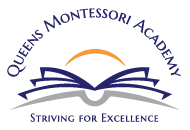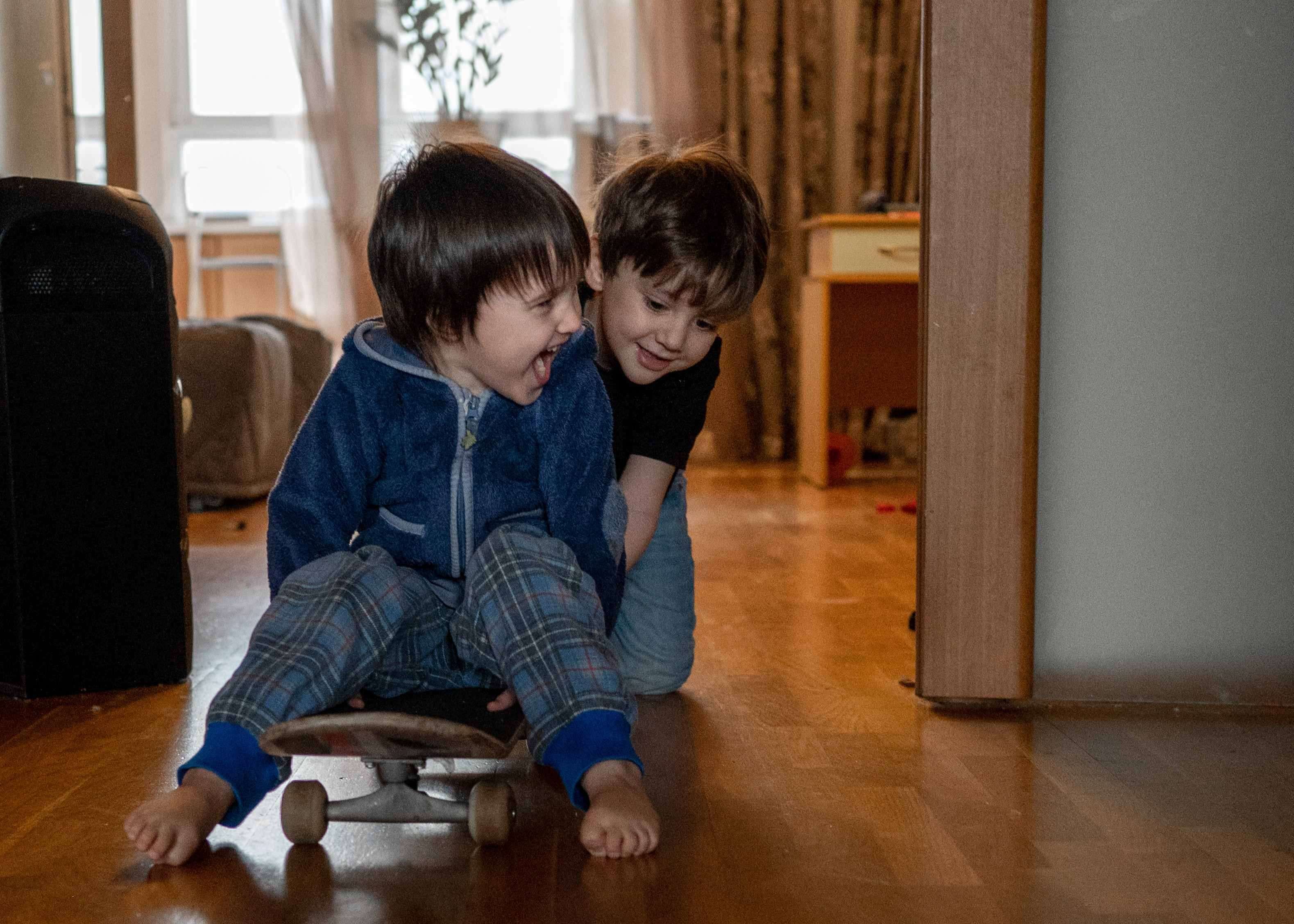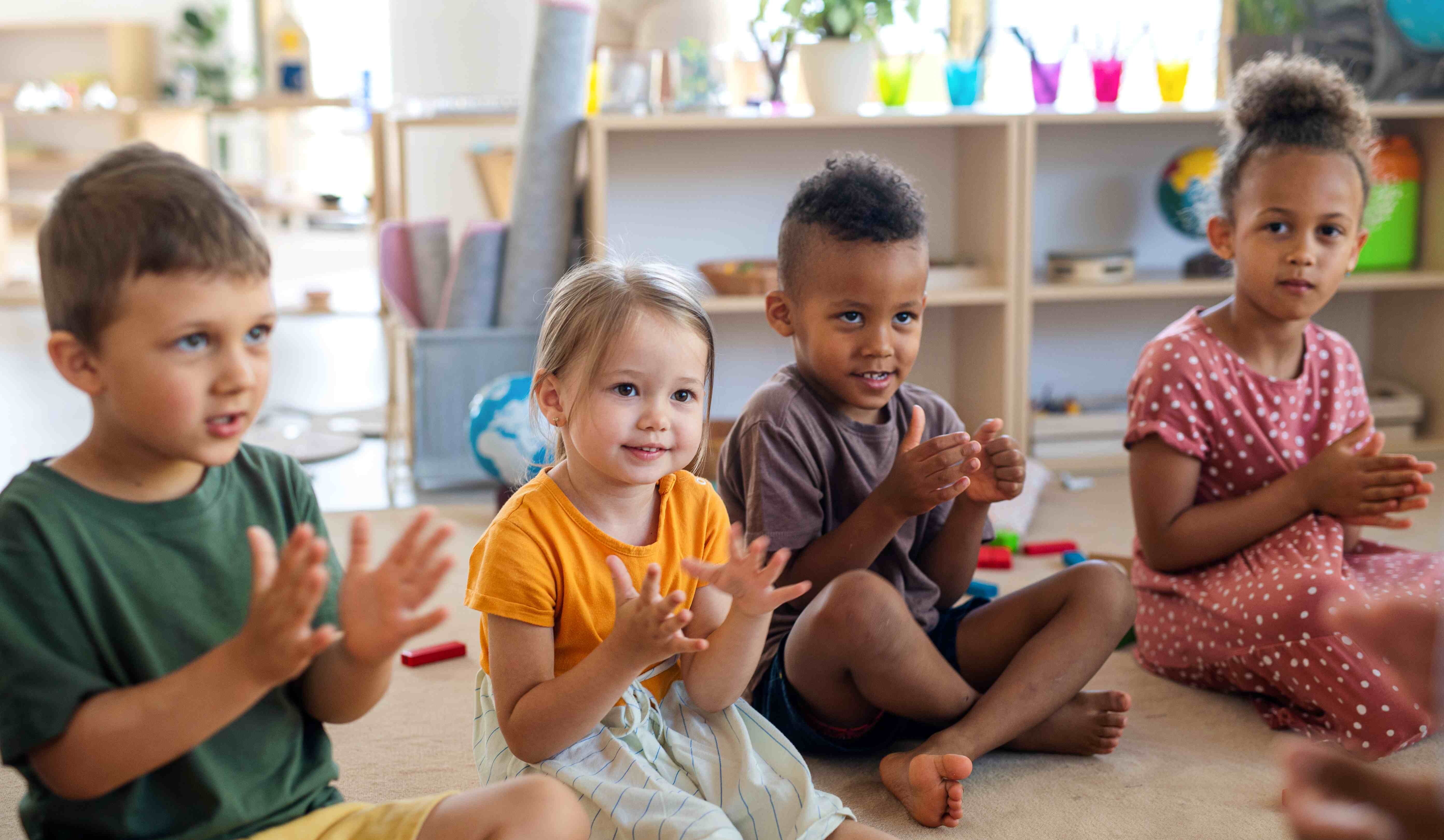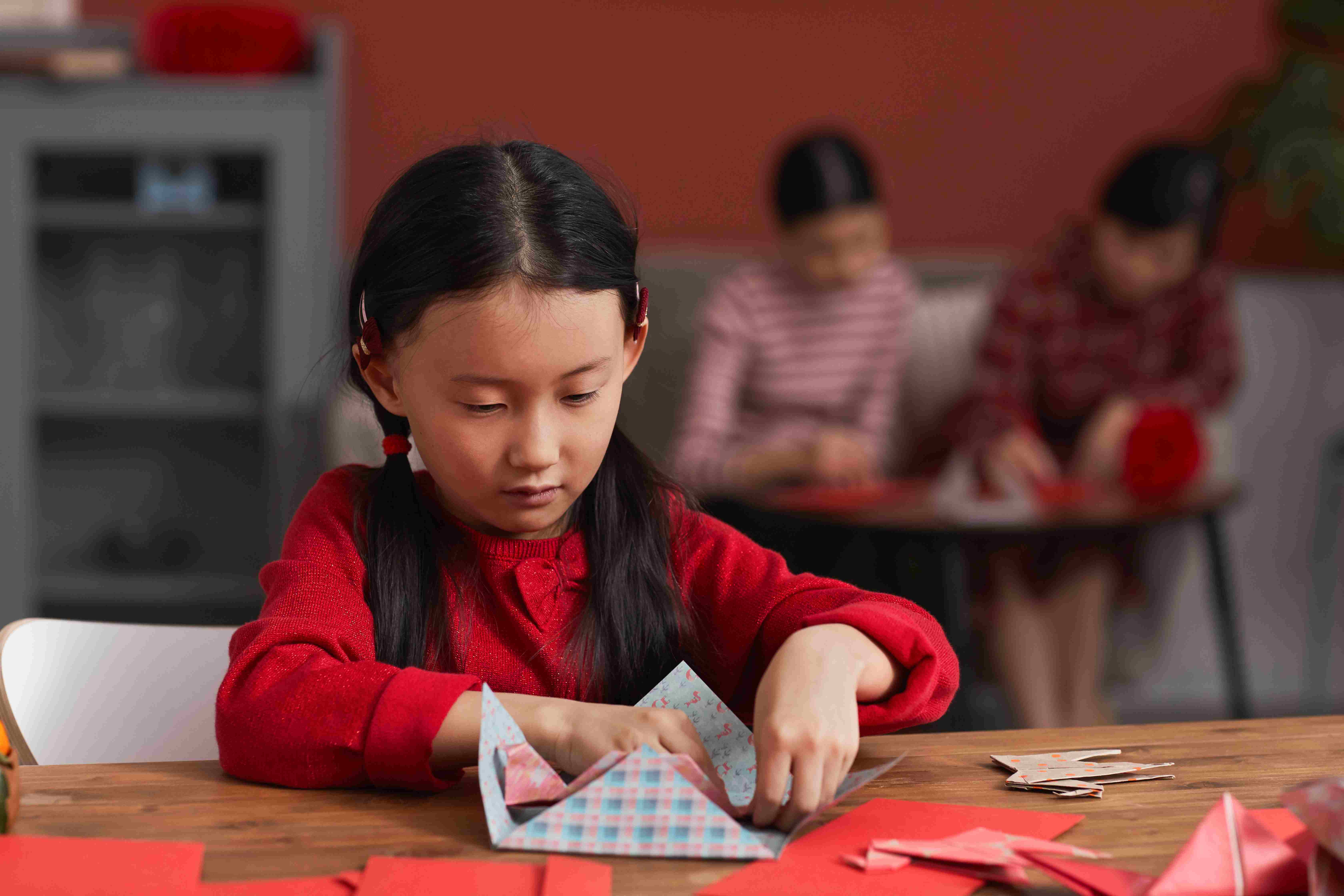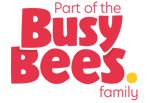
FAQs & Resources
What is Montessori?
The philosophy which guides everything we do in Montessori is to follow the child. It is applied to every child’s education. Children learn at different paces and have different interests which is why an important part of the Montessori approach is the one-on-one relationship between the child and their directress. By observing and engaging, the directress knows how they are advancing. This way, the directress knows when it is time to move them up to a more challenging exercise.
The other key factor in Montessori education is the meticulously designed, extensive series of exercises. Each exercise is part of a carefully planned progression, mastering one skill that is an essential ingredient of a more complicated skill. The philosophy is the result of ongoing research into the best ways of helping children learn.
In a Montessori classroom, a child is allowed to do whatever he wants and for as long as he wants?
The child in a Montessori environment may choose his own work, however, he first must be given a lesson on it. The lesson is usually presented by the instructor. The child may work on the material as long as he likes.
The Montessori instructor is trained in observation. The instructor keeps careful records of what lessons have been given, observes the child and his choice of activities and checks each child’s knowledge in one area before moving on to the next lesson. The instructor will offer an alternative to a child who has chosen something beyond his ability.
The child is free to move about the classroom at will, to talk quietly to other children, to work with any equipment that he understands, or to ask an instructor to introduce a new material. A child is not free to disturb other children or to misuse the materials.
Why should I choose Montessori over more traditional schooling methods?
There is no right way to answer a question such as this. We always recommend to all our new parents to make sure they do their research on a variety of teaching philosophies to see which one best suits their goals for their child’s future. However, we can answer why we have chosen Montessori and that is because the philosophy facilitates a natural love for learning. It is patient, it works from concrete to abstract, it focuses on the whole child and it follows that particular child’s individual growth.
Are you open year round?
Yes, we run a year-round program and also offer programs during the months of July and August for school-age children. Your child does not need to be a student to register for our summer camps. During the summer months, we complement our Montessori program with our Discovery Zone Summer Program.
What are your operating hours?
While our Montessori program runs from 8:30am to 4:30pm, we realize that some families need extended hours to accommodate work hours. Our full operating hours for all age groups are from 7:30am to 6:30pm Monday through Friday. Summer hours are shortened to 8:00am to 6:00pm.
What are the staff-child ratios?
The Toddler ratio is 1:5 and the Casa ratio is 1:8.
How do you handle discipline problems?
There are few discipline problems in a Montessori classroom. At Queens Montessori, we follow guidelines set out by the Ministry of Community and Social Services. Most discipline problems occur because the child has not found work which is sufficiently interesting to hold his attention. Therefore the child would be shown a new activity or activities.
A child may be asked to remove himself from the group to a space within the classroom, that is designated as the “quiet spot” to take a few minutes to “quiet his body.” We show the children how to calm themselves and regain control during circle time. The child may return when they feel they are ready to manage themselves for the activity.
If a child disturbs another child, physically or verbally, an instructor will intervene and say ” I will not let anyone do that to you and so I cannot let you do it to somebody else.” If appropriate, the child is asked to apologize to another child.
How do the children learn to socialize and share?
Socializing and learning to take turns comes very naturally in a Montessori classroom. There is only one of each material in the classroom. This teaches the child patience and learning to wait for an activity when another child is using that material. As you look around the room you will see many children working together. Many times a child is so excited about what he is able to do that he wants to give a lesson or a demonstration to someone else. Throughout the day there are opportunities for this natural, spontaneous socializing.
How do the children sleep?
The children sleep in their classroom on their designated cot. If your child does not sleep, they may read books or do other quiet activities.
How often do the children play outdoors?
At Queens Montessori, we love to explore the outdoors! Weather permitting, the children spend at least two hours a day outside, exploring the outdoor learning environment. If the children cannot go outside on any given day, the instructors have a planned gross motor program to ensure the children still receive plenty of physical activity.
Will I receive a report card for my child?
Yes, report cards are provided to the parents twice each school year. The first is in December and the second in June.
How are the instructors trained/certified?
All our Montessori early childhood educators are either AMI or MACTE accredited Montessori trained. Each class has a Head Directress and she is assisted by an ECE and/or Montessori Assistant. Every instructor and all support staff are certified in Standard First Aid and Level C CPR, and also have a clear criminal reference check including vulnerable sector screening.
How do the children do in other schools after a Montessori education?
Montessori children are wonderfully adaptable. They have learned to work independently and in groups. Since they have been encouraged to make decisions from an early age, these children are problem-solvers who can make choices and manage their time well. They have also been encouraged to exchange ideas and to discuss their work freely with others and good communication skills ease the way in new settings.
Research has shown that the predictor of future success is a sense of self-esteem. Montessori programs based on self-directed, non-competitive activities help children develop strong self-images and the confidence to face challenges and change with optimism.
When can I tour the school?
We offer Open Houses every Wednesday (excluding statutory holidays) from 10:00am to 11:00am. You may drop in anytime during that time. If you would like a personal tour, parents are encouraged to call and make an appointment to visit our school. Personal tours are available Monday to Friday from 9:30am to 11:00am. Parents must attend a mandatory observation of our classrooms prior to a child’s acceptance and enrollment to Queens Montessori Academy.
